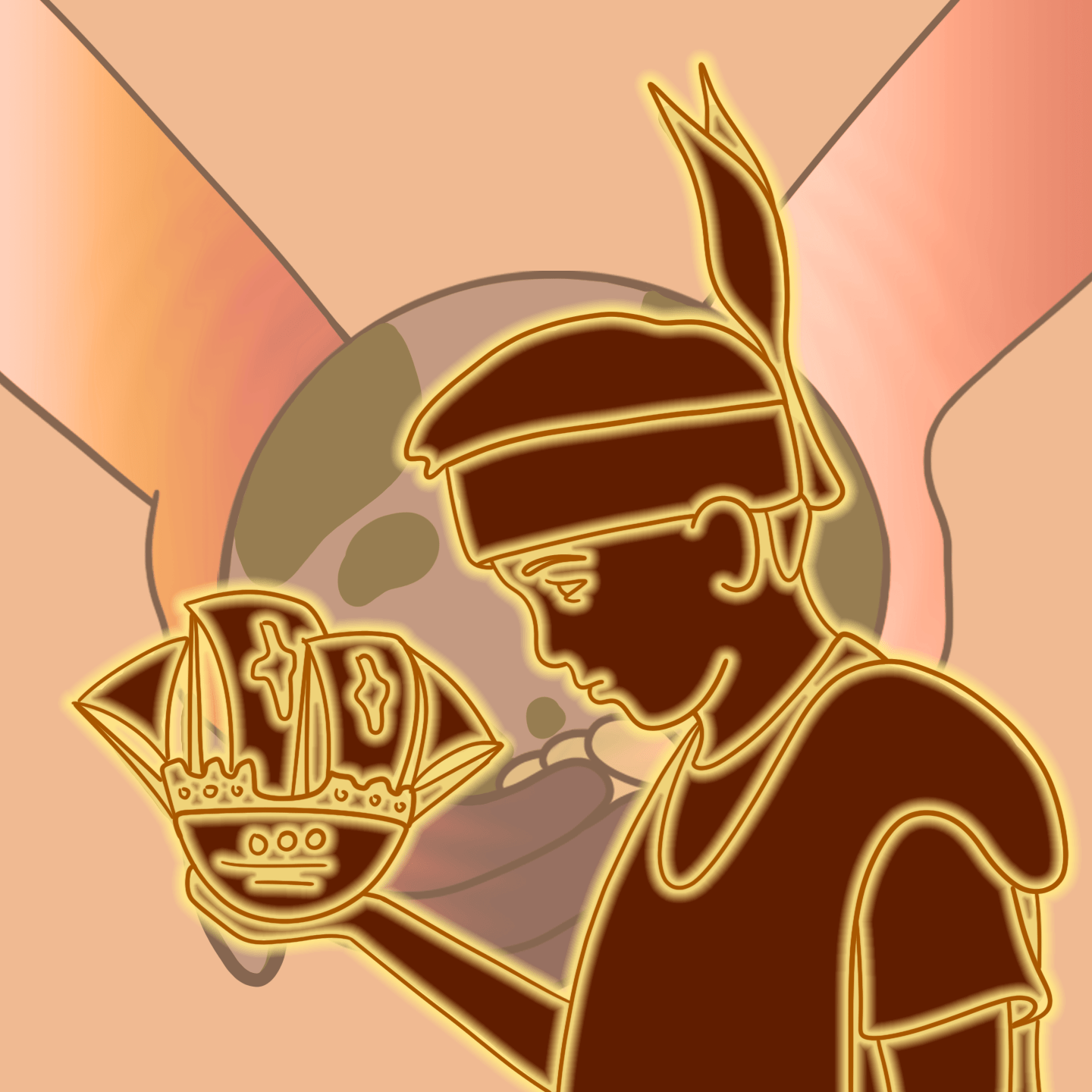By Reb Czukoski
Today is Columbus Day, October 11th.
Columbus day is a U.S. holiday celebrated on the second Monday of October each year to mark the landing of Christopher Columbus on October 12, 1492. This holiday is oftentimes associated with days off for most schools and businesses, and in some areas parades and street fairs are held.
Columbus was born in Genoa, Italy in 1451. Given his nationality, the federal holiday created in the 19th century was intended to honor Columbus’ discovery as well as Italian American heritage because of the persecution that Italian immigrants were facing during the period in which it was made. The day is a reminder for Italian Americans of their culture and to remember that the United States is an immigrant country.
The reasons that Columbus day is renowned are also the basis for criticism. Columbus did land in the Bahamas, but he was not the first to find it. Believing he reached East Asia, Columbus actually landed on an island in the Bahamas that he called San Salvador, disregarding its name from the native Lucayan inhabitants of the island, Guanahani. The identification of the holiday, as mandated by the government, fails to acknowledge the native populations that were displaced and decimated.
During his lifetime, he completed four voyages across the Atlantic Ocean and paved the way for future European exploration and colonization of the Americas. His first expedition, to what is now known as the Caribbean, he placed his men to settle down, kidnapped a great number of Native Americans, and took gold, native birds and plants to bring back to Spain and his financiers upon his return. The abduction and maltreatment of the Native people were only the beginning of the transatlantic slave trade and genocide, which is why many people nowadays reject the endorsement of Christopher Columbus on this day.
Although the appreciation of Indigenous people on Columbus Day is slower to be incorporated in youth education, many higher institutions such as Colleges and Universities are conscious of the historical significance of the day and their curricula are reflective and validating of Indigenous awareness.
Beyond schooling, the discussion on whether or not to change the values of Columbus Day extend to corporate. Companies and retailers are open with their stances on the holiday, choosing whether or not to support Columbus Day or as it was previously and informally recognized, Indigenous Peoples’ Day. Their contributions come from choosing to keep their stores open, posting their views on social media, or using their platforms to boost Indigenous voices and businesses. Brands such as Sephora, Ben & Jerry’s, Patagonia, and Vogue Magazine, are known supporters for Indigenous Peoples’ Day on Twitter and used their accounts to amplify their principles. Equally, there are retailers that support Columbus Day causes for Italian American legacies.
On October 8th, the 47th president of the United States, Joe Biden, issued the first ever presidential proclamation of Indigenous Peoples’ Day to be observed on October 11th. The objective of this domestic pronouncement was to shift the focus from a holiday celebrating the controversial efforts of Columbus and instead to appreciate Native folk, “On Indigenous Peoples’ Day, our Nation celebrates the invaluable contributions and resilience of Indigenous peoples, recognizes their inherent sovereignty, and commits to honoring the Federal Government’s trust and treaty obligations to Tribal Nations” (Joseph R. Biden Jr.).
Indigenous Peoples’ Day does not replace Columbus Day and his statement does not condemn the celebration of Columbus day. However, for Indigenous people, the affirmation that there have been systemic inequalities because of the annexation of their ancestral land is a positive move in the direction of keeping the existing native land autonomous and protected.






